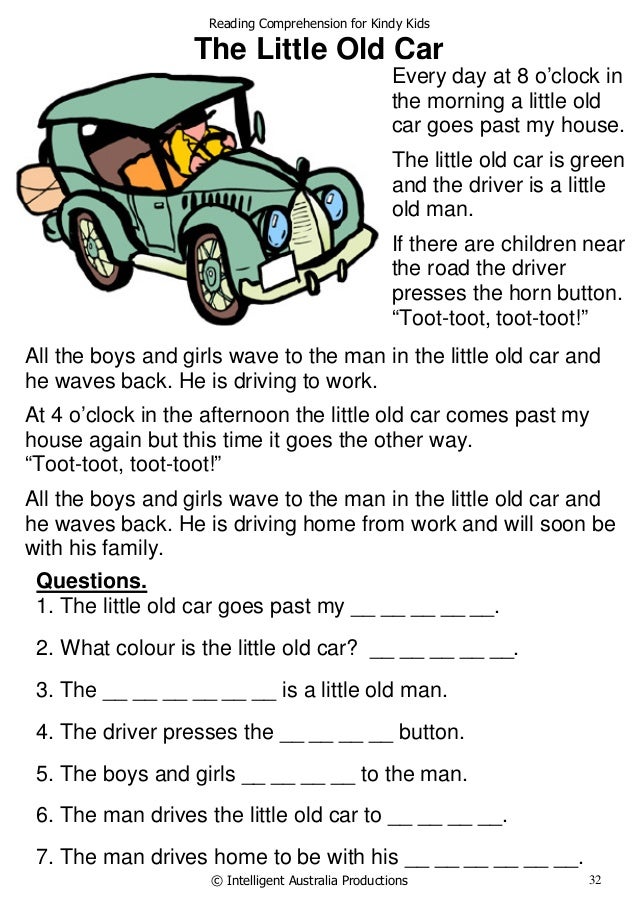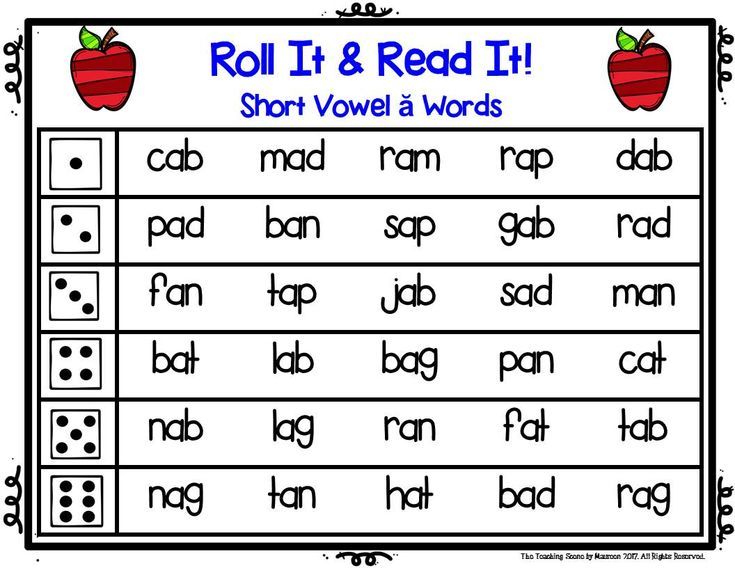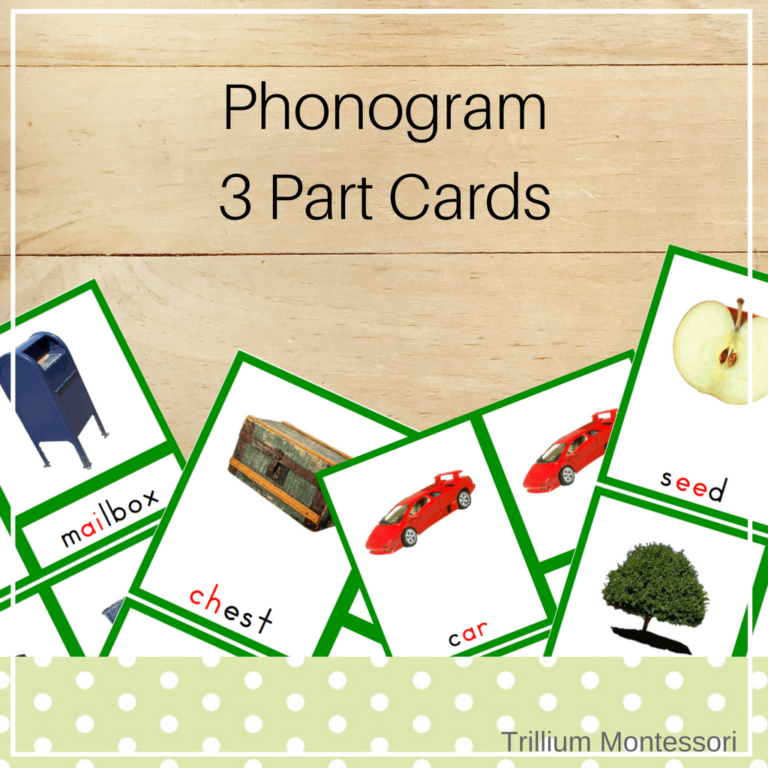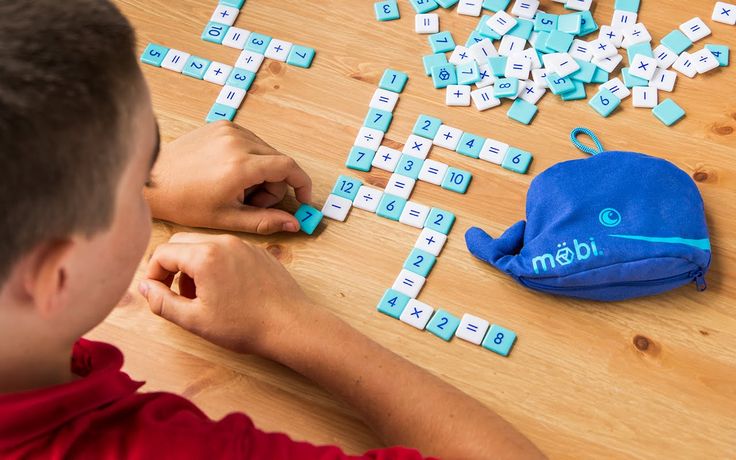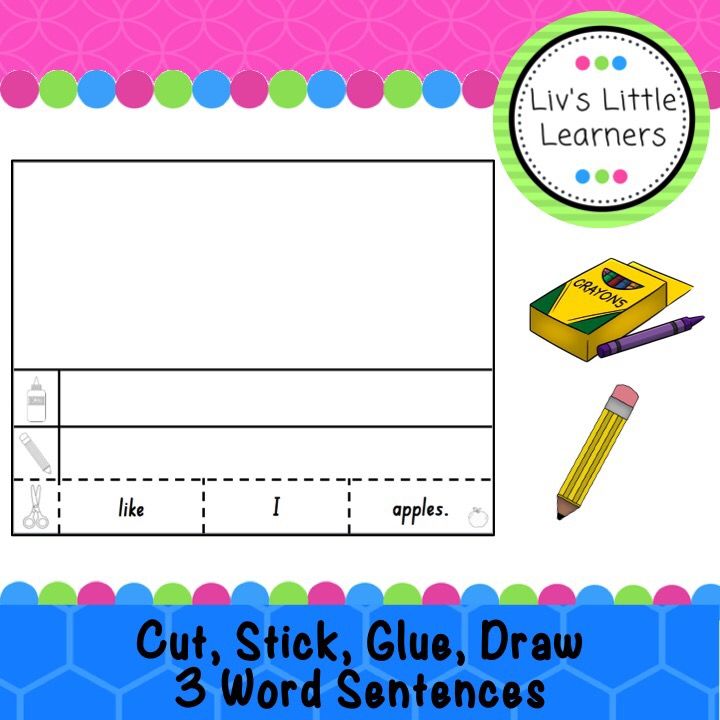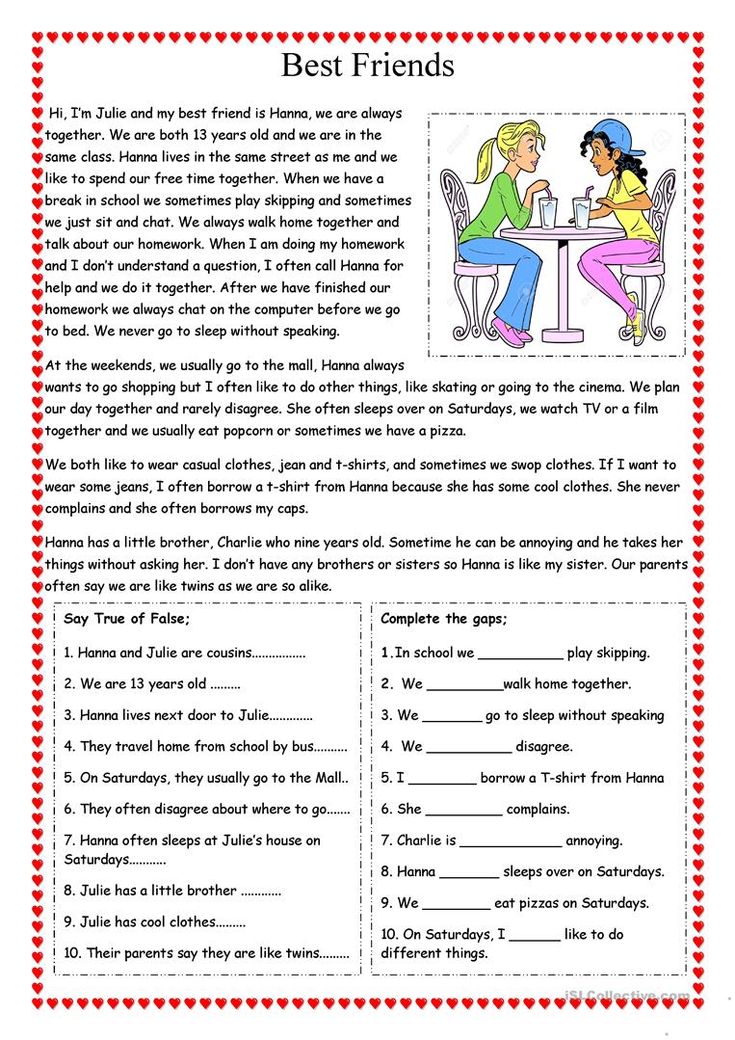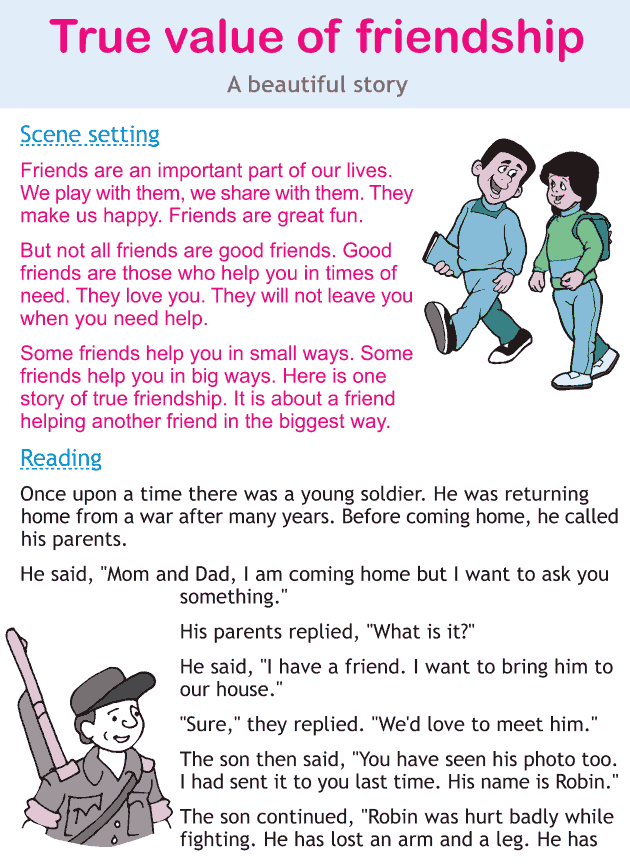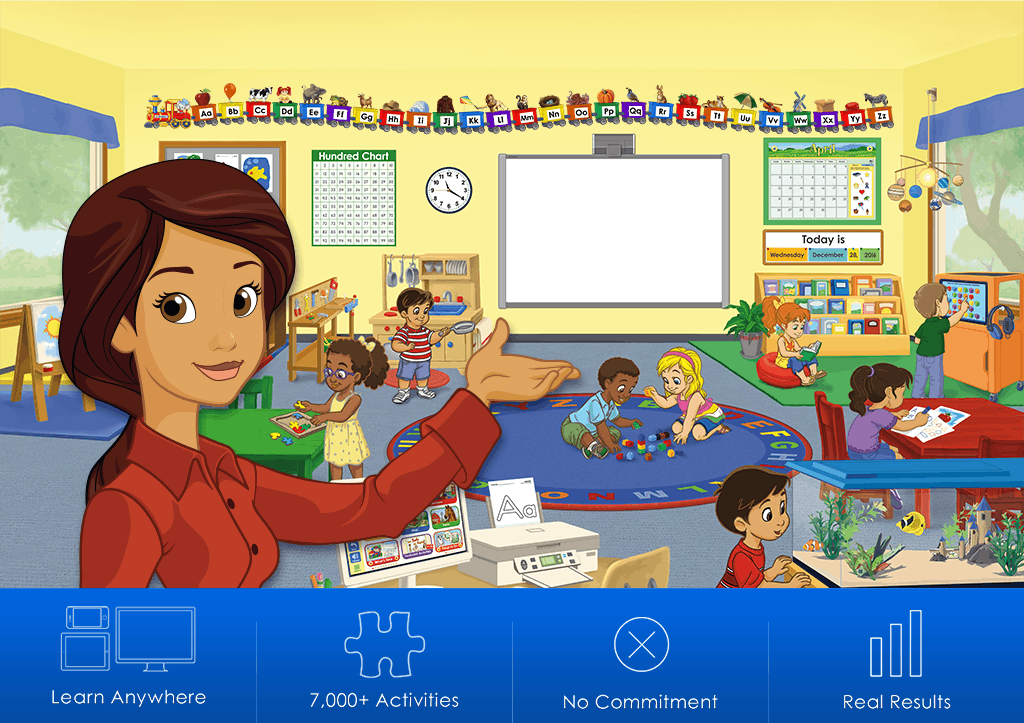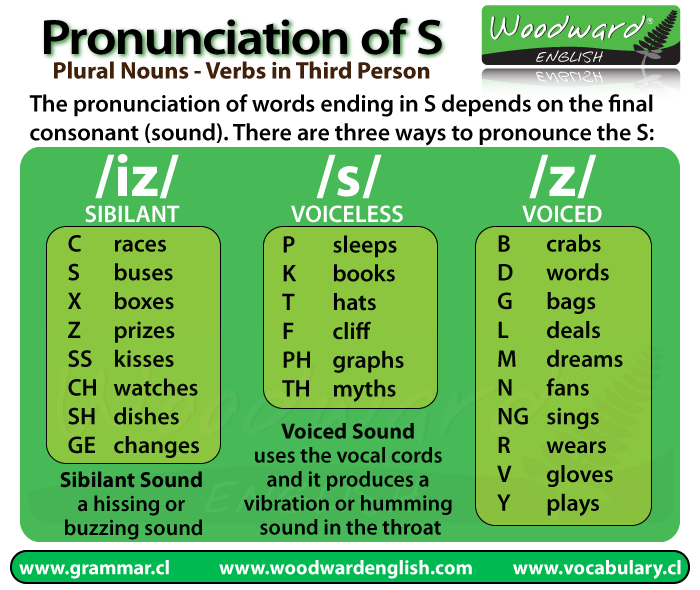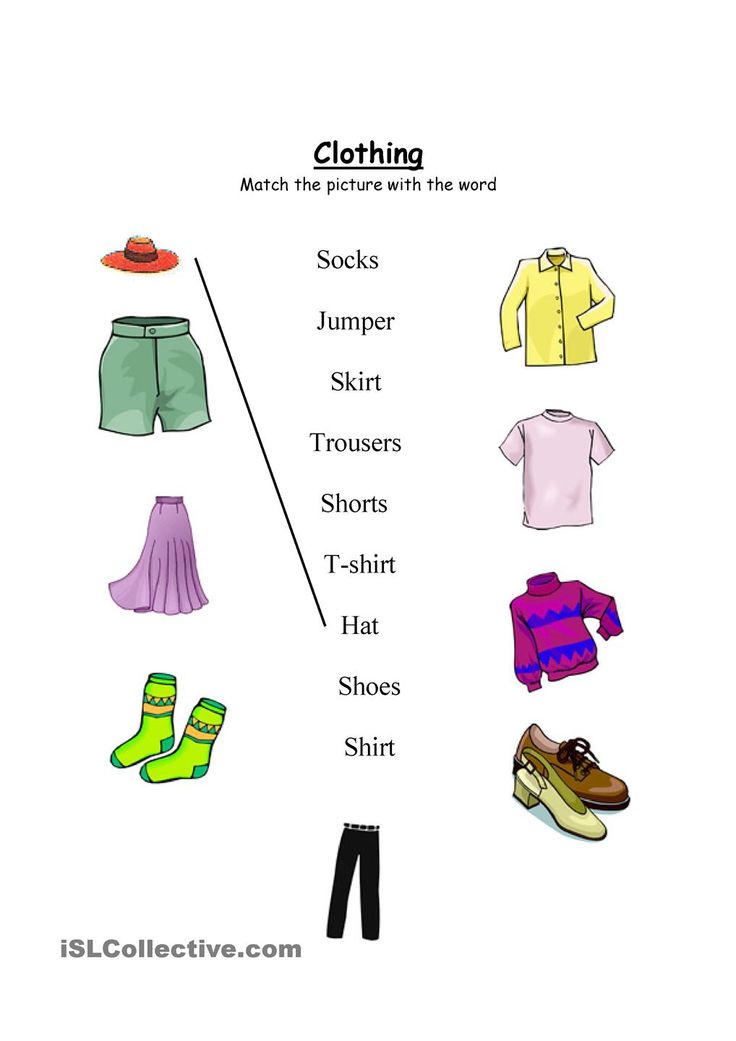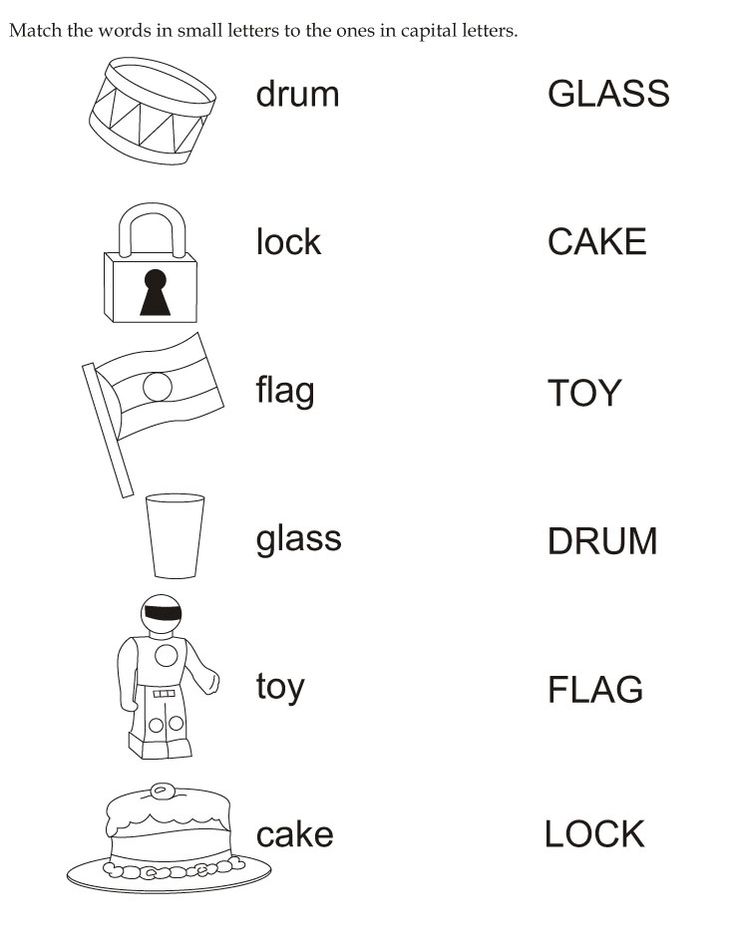Reading for a 6 year old
Language and Literacy Development in Ages 6 to 7
Although they’re no longer toddlers, 6- and 7-year-olds continue to grow rapidly in their language and reading skills. Their vocabulary is exploding as they learn five to 10 words every day (and sometimes it feels like they’re on a mission to say them all before bedtime!).
They continue to work on reading, sometimes naming a restaurant from the car or reading phones over parents' shoulders. In this stage, there are many fun and exciting new things in store for little readers.
Tune Up Pronunciation
By this age, most sound patterns are established, although your child may still struggle with “r’s” or may say words like ‘pisgetti’ instead of spaghetti. Some children will still say the /s/ sound like a /th/ at age 6, but by age 8, many children can say all speech sounds clearly.
“Ideally, every listener should be able to understand them from a speech articulation standpoint,” says Erin Vollmer, CCC-SLP, a speech pathologist and co-founder of TherapyWorks in Chicago. Pronunciation and articulation are key to social-emotional development as well. “We want to see kids communicate with one another, have simple conversations, and ask follow-up questions. Those are really important skills to have entering elementary school.” If you have any questions or concerns about your child’s speech, it’s important to see your pediatrician, who may refer you to a speech language pathologist.
Help Your Child Sound Out Words
If your 6- or 7-year-old is struggling to sound out words, they may be having trouble breaking down words into phonetic pieces they can understand. “On the brain we literally have a map that is developed with each speech sound,” says Vollmer. “It’s like a topographical map, and we innately are able to distinguish the features of a sound.” By reading these ‘brain maps,’ scientists have been able to pinpoint what many struggling young readers have in common. Often, kids who struggle with reading are the kids that having difficultly hearing the differences between sounds, adds Vollmer.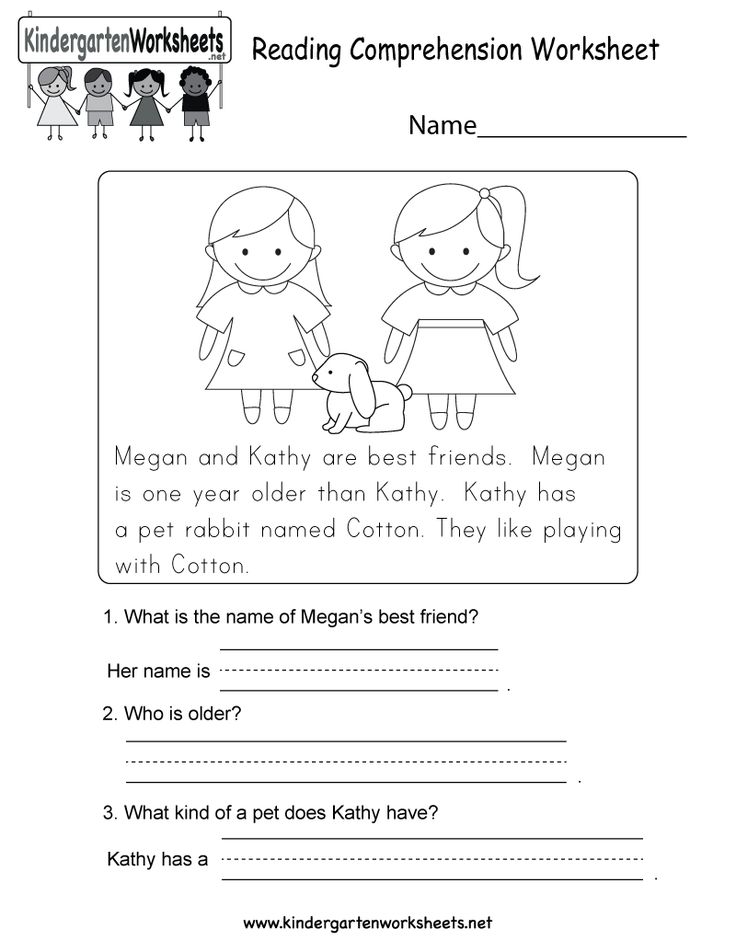
To help your child, read books that highlight the slight differences in words. The rhyming text in books such as BOB Books Rhyming Words, There Was an Old Lady Who Swallowed Some Books, and Chicka Chicka Boom Boom is a great way to help your child practice hearing subtleties in language.
Rhyming Books for Growing Readers
Sharpen Storytelling Skills
Children this age don’t just love to read stories — they enjoy telling them too! They might amaze you with their dinnertime tales, showing off their skills describing a character’s motive and explaining cause and effect. They’re also starting to understand the use of different tenses (past, present, and future).
While your child’s spoken narratives will outpace written ones, the written word also becomes more sophisticated at this age. Children learn how to use writing conventions, such as capital letters and periods, and can recognize and spell many words. They also often spell things based on how they sound (like “tre” for tree).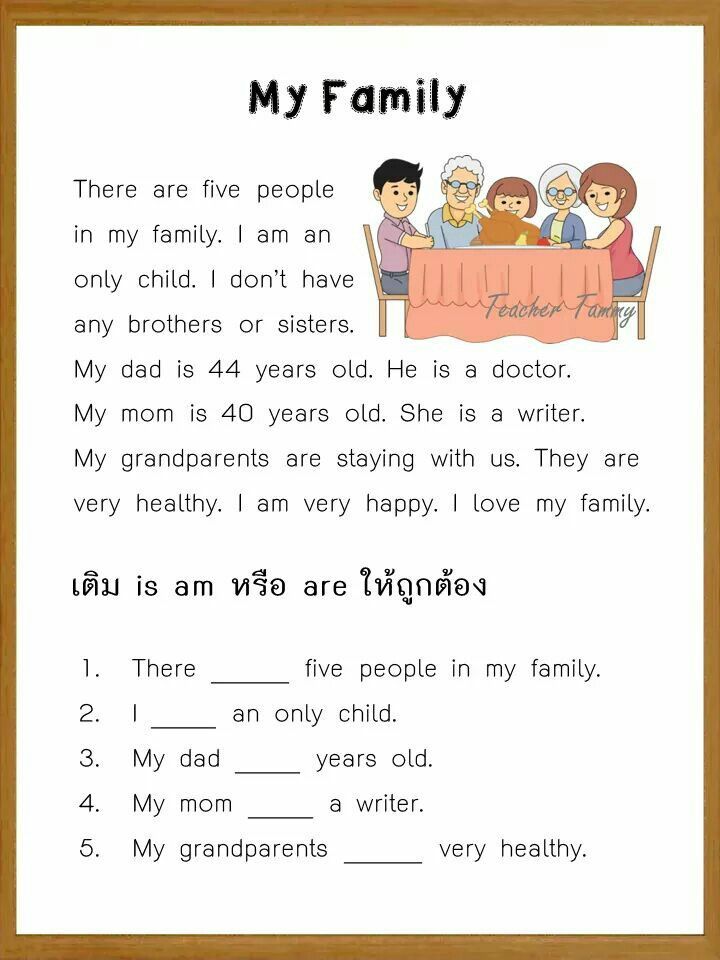 Help them showcase their budding writing skills with the Sight Word Readers Parent Pack, or enhance their skills with the Scholastic Success With Writing: Grade 1 and Scholastic Success with Writing: Grade 2 activity books.
Help them showcase their budding writing skills with the Sight Word Readers Parent Pack, or enhance their skills with the Scholastic Success With Writing: Grade 1 and Scholastic Success with Writing: Grade 2 activity books.
Help Your Child Become a Strong Writer
Keep Up With Story Time
While it’s important to let kids this age get plenty of independent reading practice, they can still benefit from having a story read to them out loud. Not only does reading aloud to kids continue to provide great bonding time, but it also gives them important brain benefits they don’t get from reading on their own.
“Being read to aloud gives kids practice with a really important skill called ‘movie in the mind’,” says Julianne Barto, a school librarian manager and literacy specialist at KIPP Whittier Middle School in Camden, New Jersey. Basically, because kids aren’t doing the hard work of deciphering words when they’re listening to a story, their minds are free to visualize what they’re hearing — an important part of reading comprehension.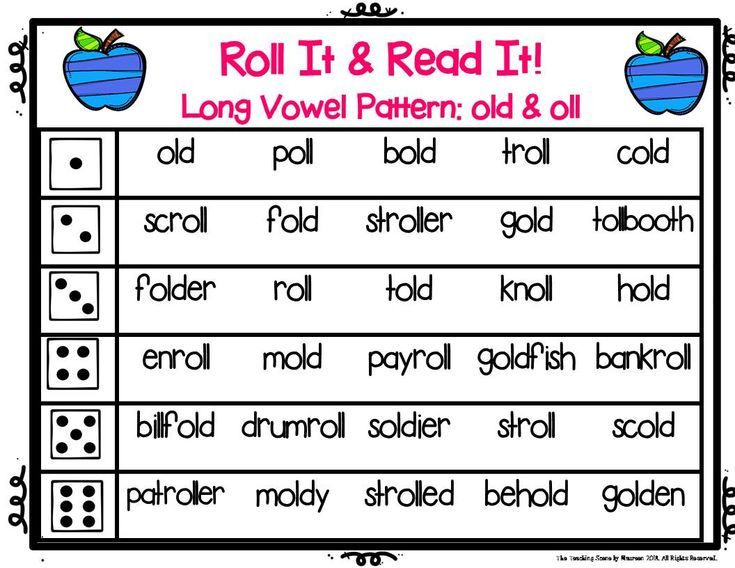
To get the most out of read-aloud time, dive into skill-boosting favorites like The Magic School Bus Presents: Our Solar System or Eerie Elementary: The School Is Alive! (Also, see the best books for an effective bedtime reading routine.)
Great Read-Alouds
How to Choose the Right Books for Your Child
With so many books to choose from, it can be tough to know which ones offer enough of a reading challenge for your child, and which ones should wait until they’re a little older or further along in their reading skills.
The simplest way way to determine if a book is a good fit for your 6- to 7-year-old is to look to the age of the main character. Books with protagonists who are around the same age as an elementary school reader are good picks in terms of reading level and maturity of content.
“If your student is in the 3rd grade and the main character of the book they are reading is in the 6th grade, chances are the content of that book will be not appropriate for your student,” says Barto. “Your child may be able to read each word within that book and understand the main events, but it is probably not the best book for them at this moment.”
“Your child may be able to read each word within that book and understand the main events, but it is probably not the best book for them at this moment.”
Series like Junie B. Jones and the Magic Tree House feature chapter books perfect for eager young readers who are ready for a bit of a challenge.
Shop more books for 6- to 7-year-olds below! You can find all books and activities at The Scholastic Store, where you can get free shipping on book-only orders over $25.
Get ready for your child to go back to school with our guide — it's full of recommended books, teacher tips, homework help, and more resources for a successful school year.
Raise a reader by getting the best book recommendations, reading tips, and discounts delivered straight to your inbox.
PLEASE ENTER A VALID EMAIL ADDRESS.
PLEASE SELECT A NEWSLETTER OPTION.
Preschool View Sample
Elementary School View Sample
Privacy Policy
<div><h3>Thanks for signing up! Look out for a confirmation email from us.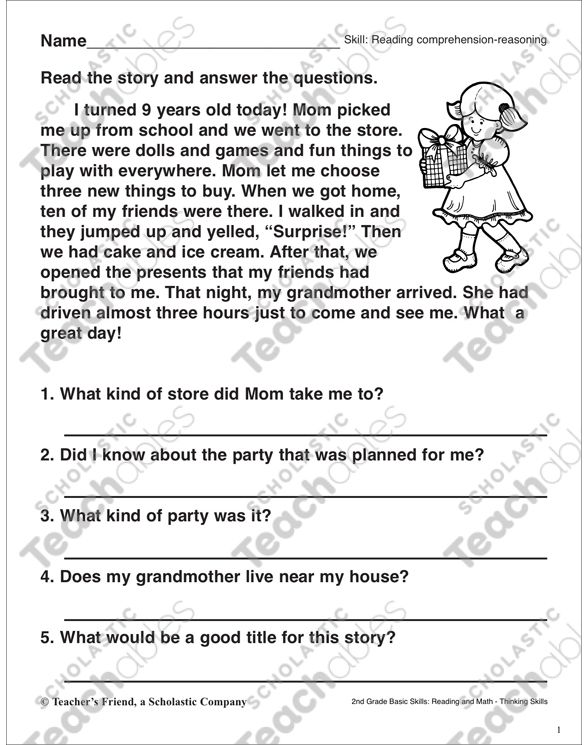 </h3><h4>Want to connect now? Find us on social media!</h4><h3><a adhocenable="false" href="https://www.facebook.com/scholasticparents/" target="_blank"><img src="/content/dam/parents/icons/facebook.svg"></a> <a adhocenable="false" href="https://www.instagram.com/scholasticparents/" target="_blank"><img src="/content/dam/parents/icons/instagram.svg"></a> <a adhocenable="false" href="https://twitter.com/scholparents" target="_blank"><img src="/content/dam/parents/icons/twitter.svg"></a> <a adhocenable="false" href="https://www.pinterest.com/scholparents/" target="_blank"><img src="/content/dam/parents/icons/pinterest.svg"></a></h3></div>
</h3><h4>Want to connect now? Find us on social media!</h4><h3><a adhocenable="false" href="https://www.facebook.com/scholasticparents/" target="_blank"><img src="/content/dam/parents/icons/facebook.svg"></a> <a adhocenable="false" href="https://www.instagram.com/scholasticparents/" target="_blank"><img src="/content/dam/parents/icons/instagram.svg"></a> <a adhocenable="false" href="https://twitter.com/scholparents" target="_blank"><img src="/content/dam/parents/icons/twitter.svg"></a> <a adhocenable="false" href="https://www.pinterest.com/scholparents/" target="_blank"><img src="/content/dam/parents/icons/pinterest.svg"></a></h3></div>
Reading Milestones (for Parents) - Nemours KidsHealth
Reviewed by: Cynthia M. Zettler-Greeley, PhD
Nemours BrightStart!
en español Hitos en la lectura
This is a general outline of the milestones on the road to reading success.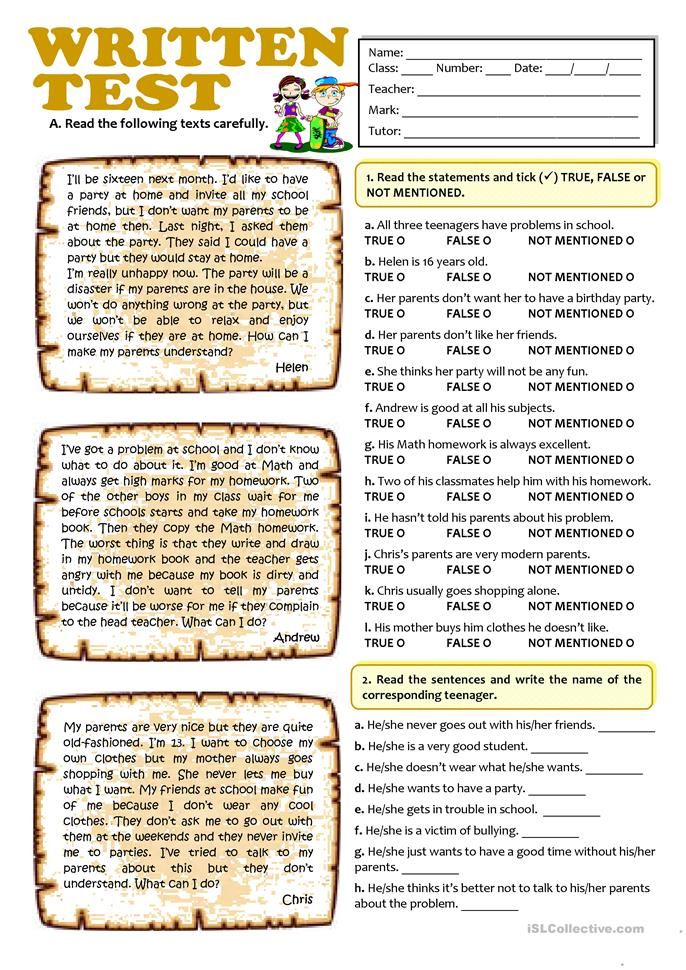 Keep in mind that kids develop at different paces and spend varying amounts of time at each stage. If you have concerns, talk to your child's doctor, teacher, or the reading specialist at school. Getting help early is key for helping kids who struggle to read.
Keep in mind that kids develop at different paces and spend varying amounts of time at each stage. If you have concerns, talk to your child's doctor, teacher, or the reading specialist at school. Getting help early is key for helping kids who struggle to read.
Parents and teachers can find resources for children as early as pre-kindergarten. Quality childcare centers, pre-kindergarten programs, and homes full of language and book reading can build an environment for reading milestones to happen.
Infancy (Up to Age 1)
Kids usually begin to:
- learn that gestures and sounds communicate meaning
- respond when spoken to
- direct their attention to a person or object
- understand 50 words or more
- reach for books and turn the pages with help
- respond to stories and pictures by vocalizing and patting the pictures
Toddlers (Ages 1–3)
Kids usually begin to:
- answer questions about and identify objects in books — such as "Where's the cow?" or "What does the cow say?"
- name familiar pictures
- use pointing to identify named objects
- pretend to read books
- finish sentences in books they know well
- scribble on paper
- know names of books and identify them by the picture on the cover
- turn pages of board books
- have a favorite book and request it to be read often
Early Preschool (Age 3)
Kids usually begin to:
- explore books independently
- listen to longer books that are read aloud
- retell a familiar story
- sing the alphabet song with prompting and cues
- make symbols that resemble writing
- recognize the first letter in their name
- learn that writing is different from drawing a picture
- imitate the action of reading a book aloud
Late Preschool (Age 4)
Kids usually begin to:
- recognize familiar signs and labels, especially on signs and containers
- recognize words that rhyme
- name some of the letters of the alphabet (a good goal to strive for is 15–18 uppercase letters)
- recognize the letters in their names
- write their names
- name beginning letters or sounds of words
- match some letters to their sounds
- develop awareness of syllables
- use familiar letters to try writing words
- understand that print is read from left to right, top to bottom
- retell stories that have been read to them
Kindergarten (Age 5)
Kids usually begin to:
- produce words that rhyme
- match some spoken and written words
- write some letters, numbers, and words
- recognize some familiar words in print
- predict what will happen next in a story
- identify initial, final, and medial (middle) sounds in short words
- identify and manipulate increasingly smaller sounds in speech
- understand concrete definitions of some words
- read simple words in isolation (the word with definition) and in context (using the word in a sentence)
- retell the main idea, identify details (who, what, when, where, why, how), and arrange story events in sequence
First and Second Grade (Ages 6–7)
Kids usually begin to:
- read familiar stories
- "sound out" or decode unfamiliar words
- use pictures and context to figure out unfamiliar words
- use some common punctuation and capitalization in writing
- self-correct when they make a mistake while reading aloud
- show comprehension of a story through drawings
- write by organizing details into a logical sequence with a beginning, middle, and end
Second and Third Grade (Ages 7–8)
Kids usually begin to:
- read longer books independently
- read aloud with proper emphasis and expression
- use context and pictures to help identify unfamiliar words
- understand the concept of paragraphs and begin to apply it in writing
- correctly use punctuation
- correctly spell many words
- write notes, like phone messages and email
- understand humor in text
- use new words, phrases, or figures of speech that they've heard
- revise their own writing to create and illustrate stories
Fourth Through Eighth Grade (Ages 9–13)
Kids usually begin to:
- explore and understand different kinds of texts, like biographies, poetry, and fiction
- understand and explore expository, narrative, and persuasive text
- read to extract specific information, such as from a science book
- understand relations between objects
- identify parts of speech and devices like similes and metaphors
- correctly identify major elements of stories, like time, place, plot, problem, and resolution
- read and write on a specific topic for fun, and understand what style is needed
- analyze texts for meaning
Reviewed by: Cynthia M.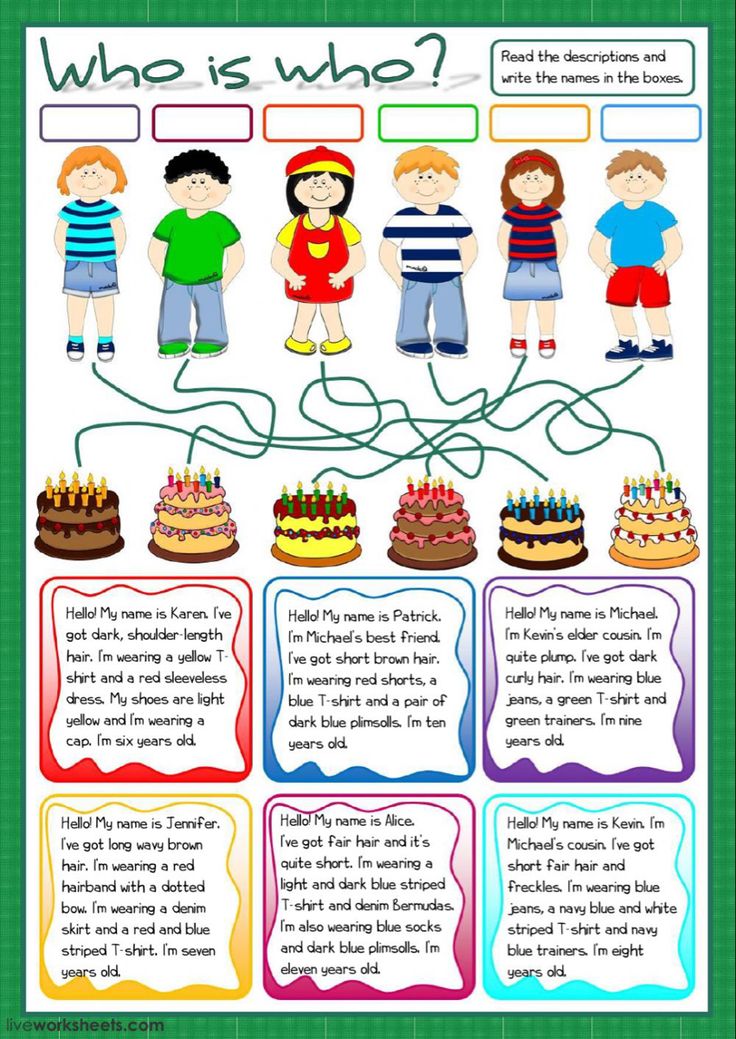 Zettler-Greeley, PhD
Zettler-Greeley, PhD
Date reviewed: May 2022
list of books for reading - Kids Russian Books
Well-read children aged 5-6 years are distinguished by well-developed speech, the ability to beautifully express their thoughts, and choose the right expressions. Thanks to reading, the child's vocabulary is constantly growing, conversational speech and the ability to express their thoughts and feelings are improving. Following the fate of the characters, the child learns to empathize, understand the motives of actions, and predict the reaction. In addition, joint reading brings the child closer to the parents and creates a lot of topics for communication. To keep a child's love of reading, it is very important to choose books by age. We bring to your attention a selection of the best children's books for reading in 5-6 years. nine0003
- Aksakov S. - Scarlet flower
- Krylov I. - Fables
- Andersen G.
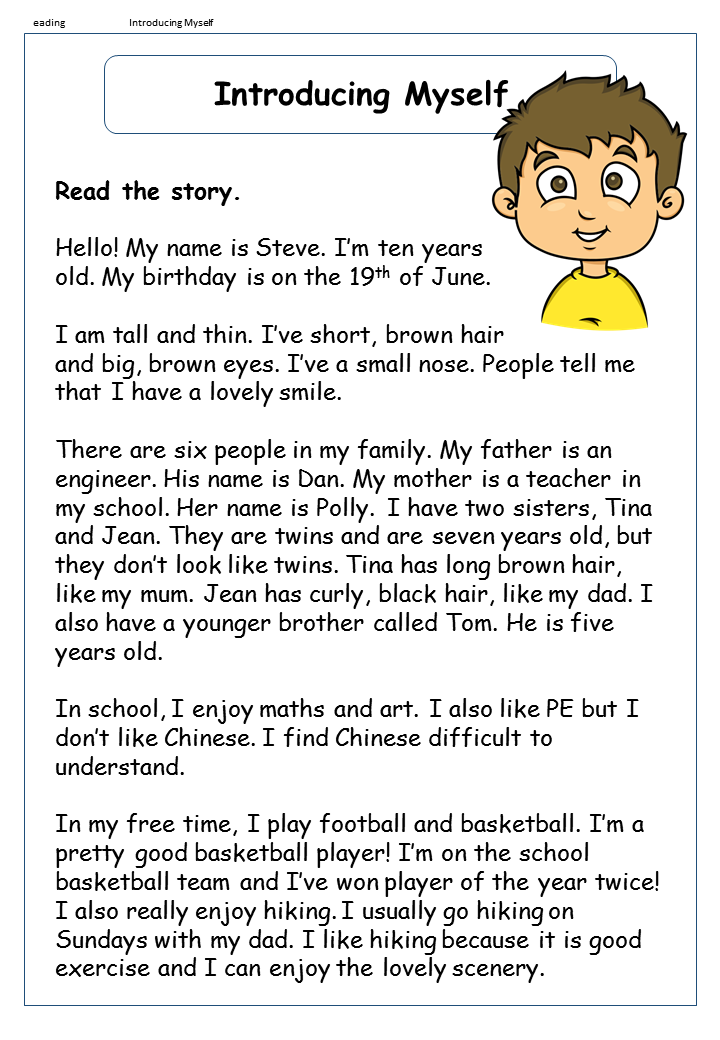 H. - Ole-Lukoye, Snow Queen, Little Mermaid
H. - Ole-Lukoye, Snow Queen, Little Mermaid - Kipling R. - Mowgli, Rikki-tikki-tavi, Tales
- Ershov P. - humpbacked horse
- Bazhov P. - Silver Hoof
- Kataev V. - Semi-flower
- Harris J.C. - Tales of Uncle Remus
- Ekholm J. - Tutta Carlson the First and Only, Ludwig the Fourteenth
- Oster G. - Bad advice, 38 parrots
- Rodari J. - The Adventures of Cipollino, Journey of the Blue Arrow, Tales on the Phone, Gelsomino in the Land of Liars, The Adventures of Tonino the Invisible
- Bianki V. - Arishka the coward, Where crayfish hibernate, Eyes and ears, Like an ant hurried home, Forest houses, Mouse Peak, Orange neck, Whose nose is better? and other stories. nine0009
- Nosov N. - The adventures of Dunno and his friends, Bengal lights, Mishkin's porridge, On the hill, Bobik visiting Barbos, About the turnip, Living hat, Karasik, Fedya's task, Patch, Putty, Gardeners, Dreamers, Entertainers and other stories
- Kharms D.
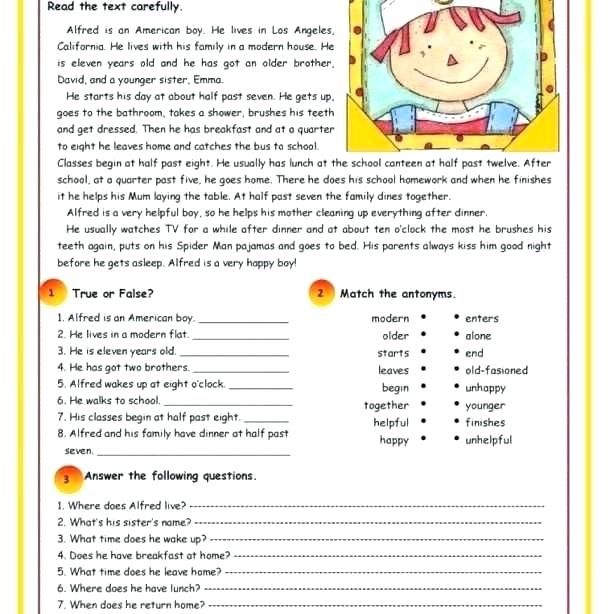 - Poems for children, Plikh and Plyukh
- Poems for children, Plikh and Plyukh - Lindgren A. - Pippi Longstocking, Adventures of Emil from Lenneberg, We are all from Bullerby
- Vestli Anne Cat. - Dad, mom, grandma, eight kids and truck
- Alexandrova T. - Brownie Kuzka, Katya in a toy city
- Prokofieva S. - Adventures of the yellow suitcase, Treasure under the old oak, I won't ask for forgiveness
- Tokmakova I. - Alya, Klyaksich and the letter A, About Alya, Klyaksich and Vrednyuga, Marusya will be back, Happy, Ivushkin!, And a merry morning will come
- Miln A.A. - Winnie the Pooh and all-all-all
- Volkov A. - The Wizard of the Emerald City, Oorfene Deuce and his wooden soldiers
- Gubarev V. - Kingdom of Crooked Mirrors
- Hoffman E. - The Nutcracker and the Mouse King
- Schwartz E.
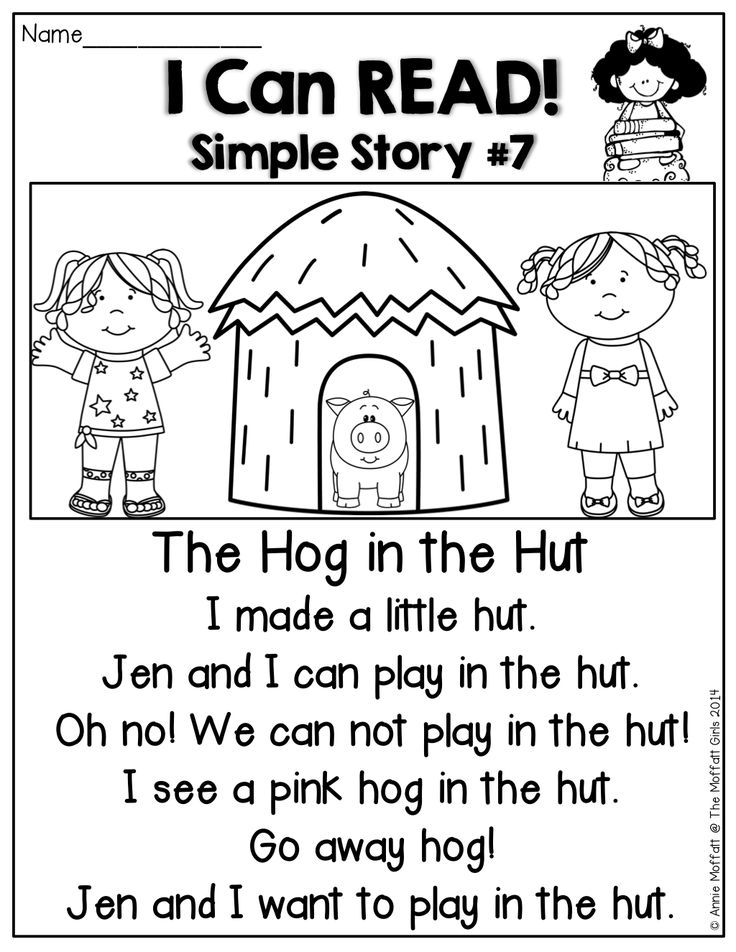 - The Tale of Lost Time
- The Tale of Lost Time - Usachev A. - Smart dog Sonya, Famous dog Sonya
- Lagerlöf S. - Nils' wonderful journey with wild geese
- Balint A. - Dwarf Gnomych and Izyumka
- Black S. - Fox Mickey's Diary nine0007 Garshin V. - Traveling frog and other fairy tales
- Travers P. - Mary Poppins of Cherry Tree Street
- Emden E. - House with magic windows
- Panteleev L. - Two frogs, Letter "you", Fenka
- Zhitkov B. - What I saw and other stories about children
- Chaplina V. - Pets of the zoo
- Golyavkin V. - Notebooks in the rain, Drawings on asphalt
- Collodi K. - Adventures of Pinocchio
- Tolstoy L. - The Golden Key or The Adventures of Pinocchio, The Lion and the Dog, Filipok, Magpie's Tales
- Oseeva V.
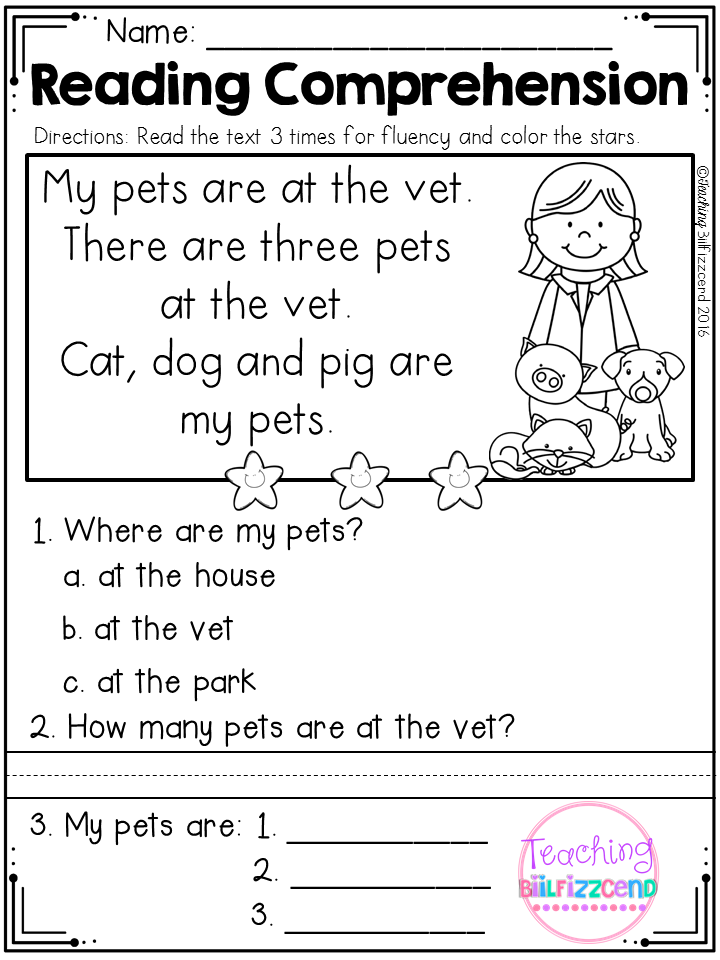 - Magic word, Blue leaves, Cookies, Offenders, New toy, Medicine, Who is the boss?, Tanya's achievements and other stories
- Magic word, Blue leaves, Cookies, Offenders, New toy, Medicine, Who is the boss?, Tanya's achievements and other stories - Marshak S. - Twelve months, English children's songs
- Odoevsky V. - Town in a snuffbox nine0007 Pogorelsky A. - Black chicken or underground dwellers
- Lagin L. - Old Man Hottabych
- Barry J. - Peter Pan
- Dragunsky V. - Deniskin's stories, Twenty years under the bed, Enchanted letter, Professor of sour cabbage soup
- Pivovarova I. - Stories by Lucy Sinitsyna, What my head thinks about, Three with a minus
- Pushkin A. - Tales
- Permyak E. - Kite, Magic colors
- Gauf W. - Caliph-stork, Little Muk, Dwarf Nose
- Nekrasov A. - Adventures of Captain Vrungel
- Larry Yan - Extraordinary Adventures of Karik and Vali
- Preysler O.
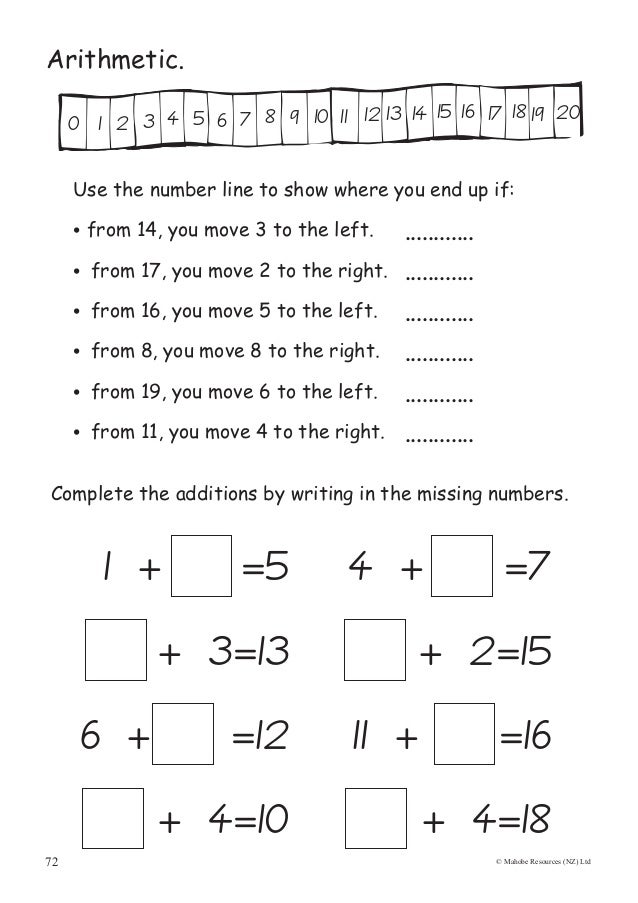 - Little Ghost, Little Baba Yaga, Little Waterman, The Adventures of the Robber Hotzenplotz
- Little Ghost, Little Baba Yaga, Little Waterman, The Adventures of the Robber Hotzenplotz - Carroll L. - Alice in Wonderland, Alice Through the Looking Glass
- Green A. - Scarlet Sails
- Jansson T. - Tales of the Moomin
- Green A. - Scarlet sails
- Bulychev K. - Alice's Journey
- Swift J. - Gulliver in the land of the Lilliputians
- Charskaya L. - Tales of the Blue Fairy
- Olesha Yu. - Three fat men
- Uspensky E. - Uncle Fyodor, dog and cat, Summer in Prostokvashino, Winter in Prostokvashino
- Koval Yu. - Adventures of Vasya Kurolesov
- Zoshchenko M. - Lelya and Minka, Great travelers and other stories
- Ball G. - Solar Hide and Seek
- Kuzmin L.
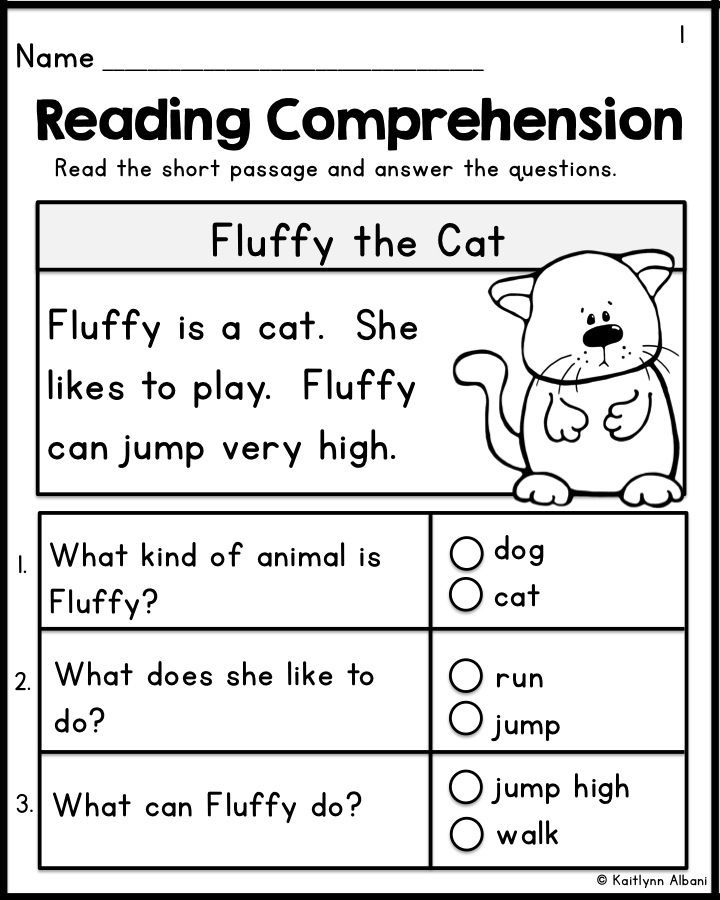 - House with a bell
- House with a bell - Dahl R. - Charlie and the Chocolate Factory
- Lobe M. - Grandma on the apple tree
- Zenker H. - Martin the Dragon and the kidnapped ghost
We hope that acquaintance with these books will give your child and you many pleasant moments. Enjoy reading! nine0009
All books for children 5-6 years old at www.kidsrussianbooks.com
Other articles:
20 texts for reading children 5-6-7-8 years old
for a child who learned to add sounds into syllables, syllables into words, and words into sentences, it is necessary to improve reading skills through systematic training. But reading is a rather laborious and monotonous activity, and many children lose interest in it. That's why we offer small texts , the words in them are divided into syllables.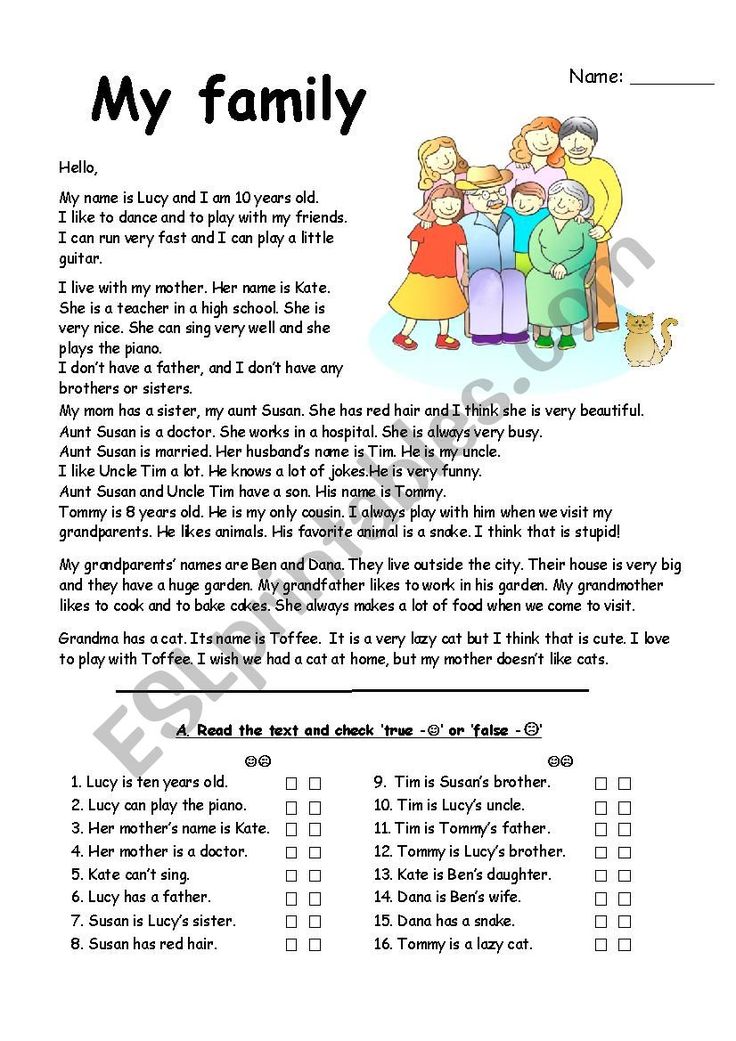
First read the work to the child yourself, and if it is long, you can read its beginning. This will interest the child. Then invite him to read the text. After each work, questions are given that help the child to understand what they have read and comprehend the basic information that they have learned from the text. After discussing the text, suggest reading it again.
Mo-lo-dets Vo-va
Ma-ma and Vo-va gu-la-li. nine0307 In-va ran-sting and fell.
It hurts no-ha, but Vo-va does not cry.
Wow!
B. Korsunskaya
Answer questions .
1. What happened to Vova?
2. What made him sick?
3. Why is Vova doing well?
Clever Bo-beak
Co-nya and co-ba-ka Bo-beak gu-la-li.
So-nya played with a doll.
So So-nya in-be-zha-la to-my, and the doll for-would-la.
Bo-beek found a doll-lu and brought it to So-ne.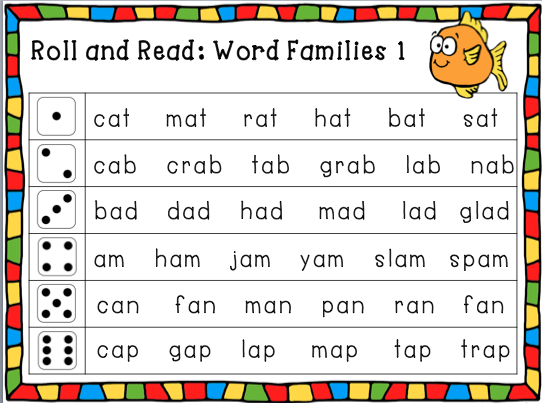 nine0307 B. Korsunskaya
nine0307 B. Korsunskaya
Answer the questions.
1. Who did Sonya walk with?
2. Where did Sonya leave her doll?
3. Who brought the doll home?
The bird made a nest on a bush. De-ti our nest-up and took off on the ground.
- Look, Vasya, three birds!
In the morning, de-ti came, and the nest-before it was empty. It would be a pity.
L. Tolstoy
Answer the questions.
1. What did the children do with the nest? nine0307 2. Why was the nest empty in the morning?
3. Did the children do well? How would you do?
4. Do you think this work is a fairy tale, a story or a poem?
Pete and Mi-shi had a horse. They began to argue: whose horse. Did they tear each other apart.
- Give me - my horse.
- No, you give me - the horse is not yours, but mine.
Mother came, took a horse, and nobody's horse became.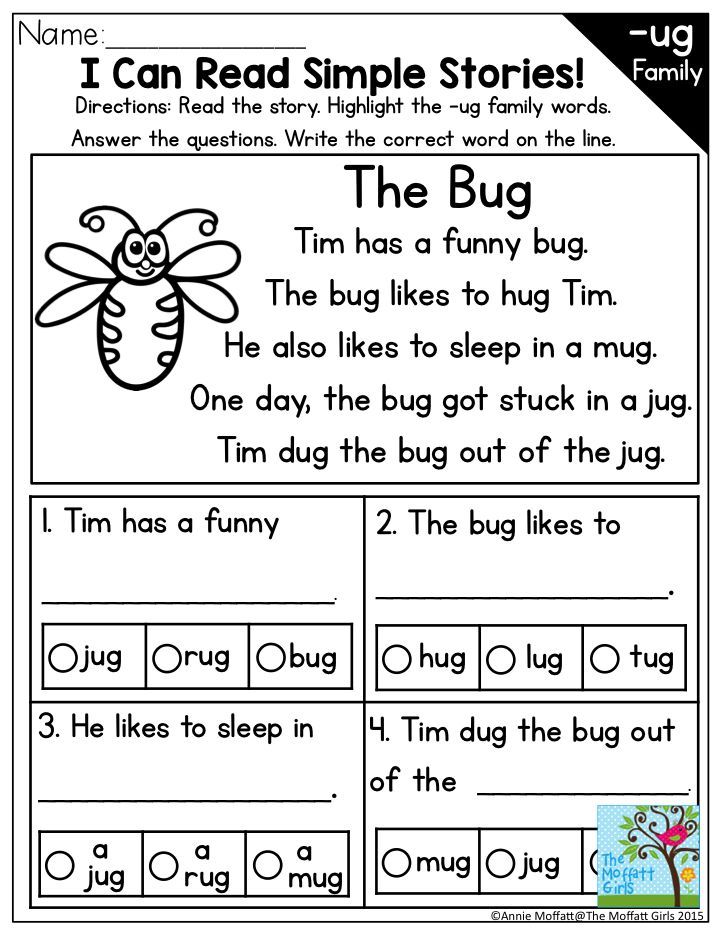
L. Tolstoy
Answer the questions. nine0009
1. Why did Petya and Misha quarrel?
2. What did mother do?
3. Did the children play horse well? Why do you think so
?
9
It will be interesting for children to read selected texts, they affect the emotional world of the child, develop his moral feelings and imagination . Children will get acquainted with the works of L. Tolstoy, K. Ushinsky, A. Barto, S. Mikhalkov, E. Blaginina, V. Bianchi, E. Charushin, A. Usachev, E. Uspensky, G.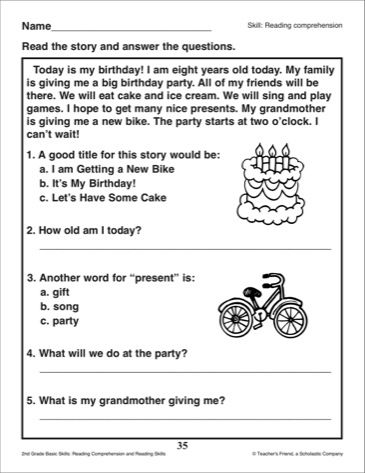 Snegirev, G. Oster, R. Rozhdestvensky, as well as fairy tales of different peoples. nine0003
Snegirev, G. Oster, R. Rozhdestvensky, as well as fairy tales of different peoples. nine0003
It is advisable to show children the genre features of poems, stories and fairy tales using the example of these works.
Fairy tale is a genre of oral fiction containing events (fantastic, miraculous or worldly) unusual in the everyday sense and distinguished by a special compositional and stylistic construction. In fairy tales there are fairy-tale characters, talking animals, unprecedented miracles happen.
Poem is a small poetic work in verse. The verses are read smoothly and musically, they have rhythm, meter and rhyme. nine0003
Story — small literary form; a narrative work of small volume with a small number of characters and the short duration of the events depicted. The story describes a case from life, some bright event that really happened or could happen.
In order not to discourage reading, do not force him to read texts that are uninteresting and inaccessible to him.